The adoption of circularity in business significantly influences Kenya’s economy and environment, with circularity offering a sustainable development pathway for Kenya.
According to the European Parliament, a circular economy is a model of production and consumption that involves sharing, leasing, reusing, repairing, refurbishing, and recycling existing materials and products as long as possible.
Clive Wafukho, CEO of Ivory Consult Limited Group and Ivory Engineering Technologies Ltd and a key advocate for circularity in Kenya and Africa says shifting to a circular economy could boost Kenya’s GDP by 0.5% by 2030, creating around 46,000 jobs, especially in manufacturing and waste management.
“Companies are urged to enhance resource utilization, reduce waste, and create durable products, resulting in lower costs and greater resilience to economic fluctuations. Circular principles stimulate innovation, particularly among SMEs, enabling them to create solutions for local issues while generating employment,” Wafukho says.
He says the transition lowers carbon emissions and encourages sustainable practices, aiding environmental conservation and adherence to regulations like the single-use plastics ban.
He collaborates with organizations like the Kenya Association of Manufacturers (KAM) to promote sustainable business practices aligned with circular economy principles.
Wafukho’s influence spans various sectors, emphasizing longevity in design, resource efficiency, and waste reduction. He actively engages in forums that highlight innovative circular solutions, helping businesses recognize the economic advantages of adopting such practices.
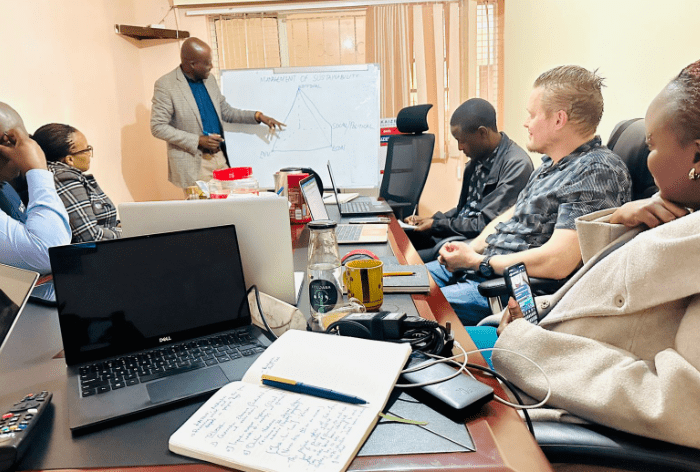
Over 20 years ago, he co-founded the Africa Roundtable on Sustainable Consumption and the Africa Life Cycle Analysis Network (ALCANET), which promotes sustainable practices across the continent through Life Cycle Assessment methodologies.
Additionally, Wafukho is dedicated to preserving the genetic materials of indigenous foods and traditional medicinal plants.
Read: President Ruto’s Cabinet Resolution: Economy of Kenya Is Doing Good
>>> Tech Investment Yields Huge Returns in a Digital Economy






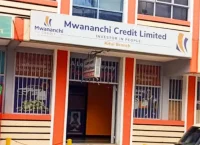


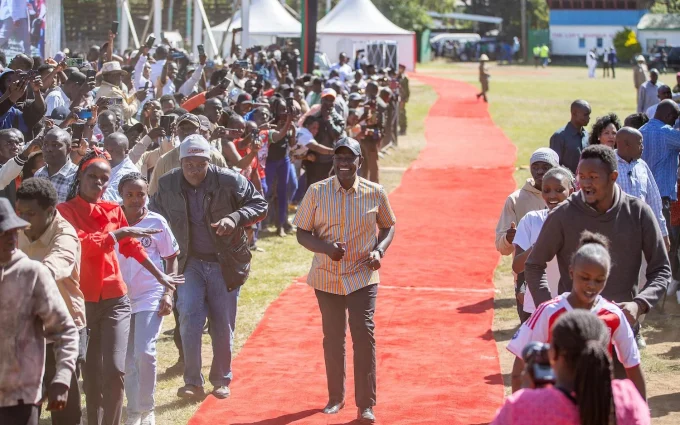
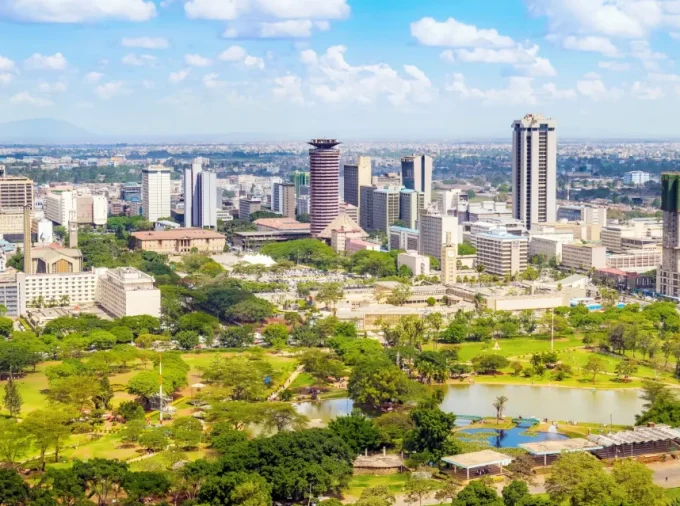
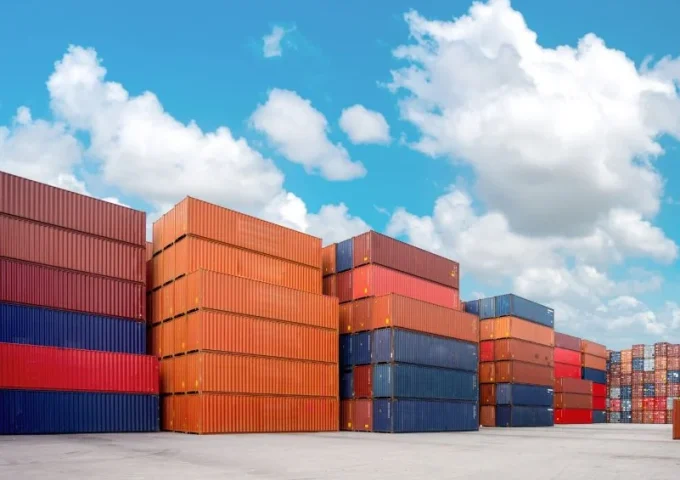
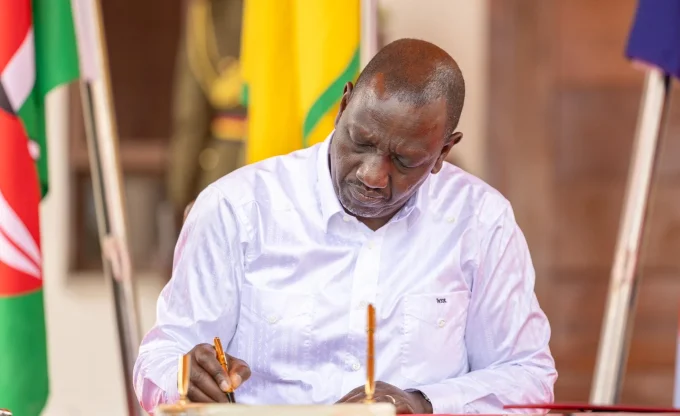
MSMEs in Kenya and Africa by extension must begin to include circularity and sustainability in their business strategies and plans. Especially now as consumers around the world begin to demand details on traceability.